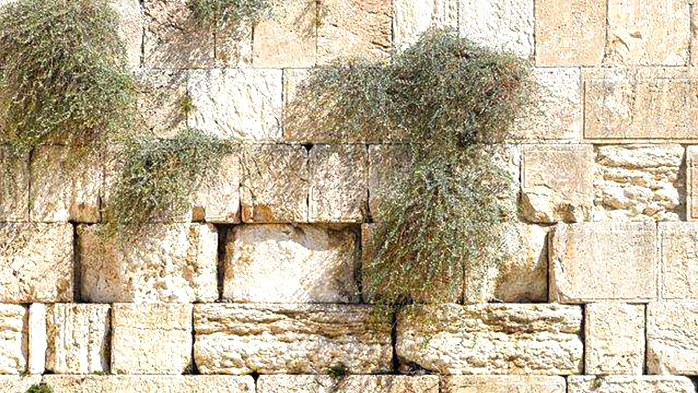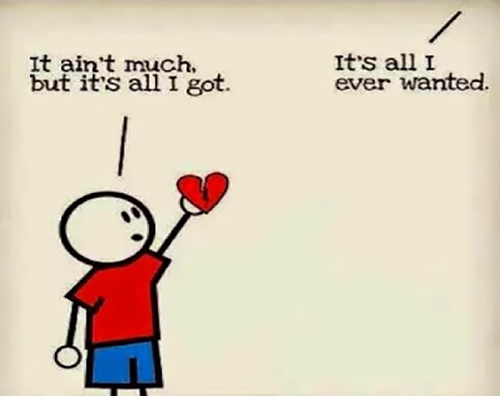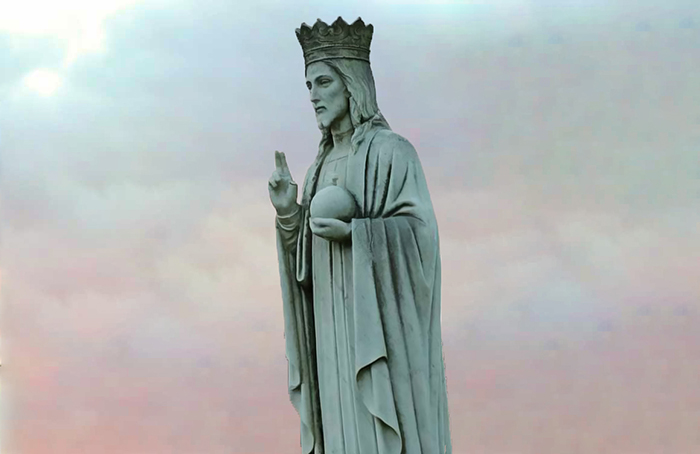
Today’s first reading from Isaiah speaks about a shoot sprouting from the stump of Jesse, new buds blossoming from dead wood. The stump is another way of speaking about the house of David, which had been cut down by the Babylonians, who forced the people of Israel to live as migrants and exiles in a foreign land. Isaiah gives testimony to the radical nature of biblical faith: to dare to believe in God’s power to regenerate life, even and especially in places where the world sees only death. The Second Coming of Christ that history is waiting for is not the same as the baby Jesus or even the historical Jesus. The historical Jesus was one man, and Christ is not his last name. The Christ includes the whole sweep of creation and history joined with him and you, too. Fr. Richard Rohr writes that we very rightly believe in “Jesus Christ,” and both words are essential. The celebration of Christmas is not a sentimental waiting for a baby to be born, but much more an asking for history to be born! We do the Gospel no favor when we make Jesus, the Eternal Christ, into a perpetual baby, a baby able to ask little or no adult response from us. God wants friends, partners, and images if we are to believe the biblical texts. He wants adult religion and a mature, free response from us. God loves us as adult partners, with mutual give and take, and you eventually become the God that you love. I understand where such devotions to the Infant child Jesus come from, but these do not come close to the power of the biblical proclamation that invites us into adult cooperation, free participation, and the love of free and mature persons in God. The Christ we are asking for and waiting for includes your own full birth and the further birth of history and creation. Now you can say, “Come, Christ Jesus,” with a whole new understanding and a deliberate passion!









